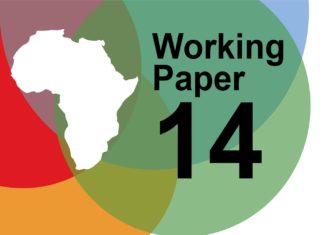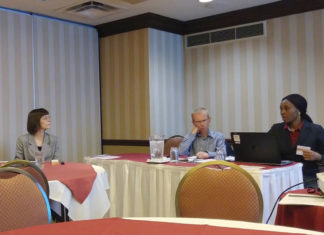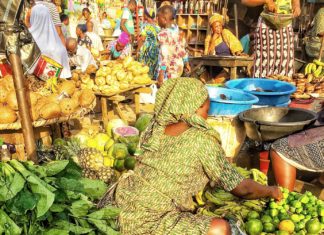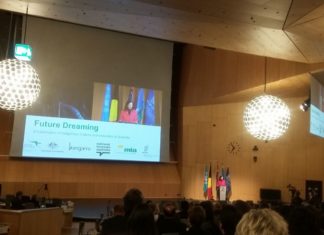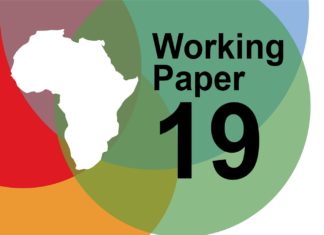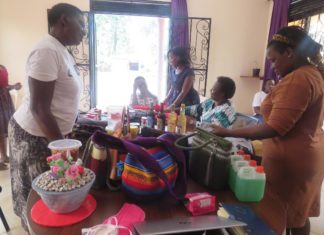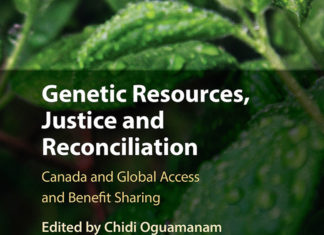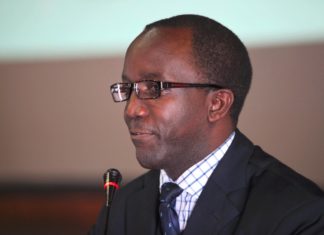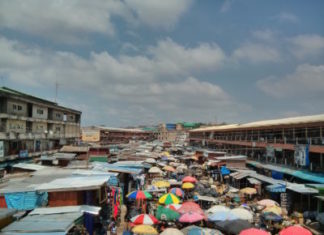ICTs in Agricultural Production and Potential Deployment in Operationalising Geographical Indications...
Authored by: Tesh W. Dagne and Chidi Oguamanam
Abstract: The purpose of this study was to explore the role that agricultural information and communication technologies...
Invention in Africa: Open AIR shares its Model at CAAS 2019
By Uchenna Felicia Ugwu
Africa is becoming recognized as an important hub of
informal innovation, which should not be excluded or ignored by formal systems
for IP...
Exploring gender through African oral traditions
By Vanessa Turyatunga
Language shapes and reveals aspects of different cultures and identities. Through my Masters’ work on Yoruba religion, it has become evident to...
Women Bridging the Gap of Change and Innovation in Africa
By Mnena Abuku
Women
in Africa have faced a diversity of struggles in their efforts toward
sustainable development. This is largely because globalisation has brought more
burdens upon...
WIPO 33rd IGC Session Puts Traditional Cultural Expressions (TCEs) on the...
The WIPO-IGC recently commenced the next installment of its deliberations for a text-based instrument that focuses on the protection of traditional cultural expressions (TCEs), pursuant to its mandate. There are two scheduled forums on TCEs beginning Feb 27-March 3 and to be completed in June 2017, which will round off the Committee’s work for the 2016-17 biennium.
The Nollywood Phenomenon: Innovation, Openness and Technical Opportunism in the Modeling...
Authored by: Chidi Oguamanam
Abstract: The Nigerian movie industry, known as Nollywood, has attracted an impressive degree of research interest since its debut in the 1990s,...
Intellectual Property and Women Economic empowerment in the local Community through...
By Lilian Nantume*
The education and dissemination of knowledge about Intellectual Property Rights for small women-owned businesses in Uganda is still in its infancy. Unfortunately,...
Genetic Resources, Justice and Reconciliation: Canada and Global Access and Benefit...
Edited by: Chidi Oguamanam. When the oral history of a medicinal plant as a genetic resource is used to develop a blockbuster drug, how is the contribution of Indigenous Peoples recognized in research and commercialization? What other ethical, legal, and policy issues come into play? Is it accurate for countries to self-identify as users or providers of genetic resources?
Dr. Kakooza “Dealing with Trans-Border Quasi-Intellectual Property”
In October 2010, Yoweri Museveni, the President of Uganda, recorded a rap song titled: "Do You Want Another Rap?" as part of his re-election campaign to capture the imagination of young voters. The song was a huge success and may have played a part in his reelection. When Museveni applied for a copyright registration of the song, however, members of the Ankole community filed an objection stating that the song was derived from Ankole folklore. While the Registrar of Copyrights in Uganda eventually allowed Museveni's copyright application for registration, this case triggered Dr. Anthony Conrad K. Kakooza's interest in the area of traditional cultural expressions (TCEs) and whether TCEs should be recognized within the domain of intellectual property (IP) law.
Makerspaces and Creativity
Looking back at Open AIR’s ‘Making’ Innovation Happen roundtable
By Sean Boots
In mid August, Open AIR hosted a roundtable discussion on makerspaces and innovation hubs in...

